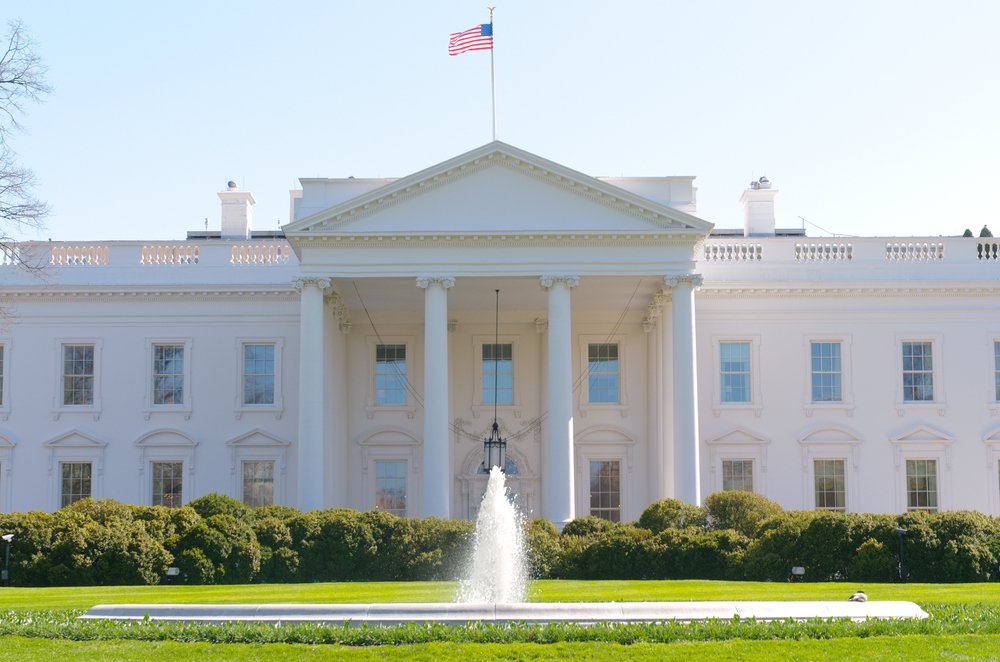Abstract: This article delves into the driving forces behind the US’s human rights and democracy promotion policy. To facilitate the investigation of this work, liberal internationalism is deployed. This theoretical framework has been selected because of its insistence on the logic of consequences and this work’s recognition that democracy promotion is not an instinctively altruistic policy choice of the US. Also, the history of human rights and democracy promotion in US foreign policy is traced to the presidency of Woodrow Wilson. Thus, the US foreign policy tradition of human rights and democracy promotion is dubbed “Wilsonianism” and its basic premises correspond to those of liberal internationalism. Subsequent administrations are then contrasted to gauge their attention to human rights and democracy promotion. Finally, utilising the aforementioned theoretical and historical frameworks, the human rights and democracy promotion policy of the current Obama administration is analysed. Despite seeming to pay less attention to human rights, it is clear that only the tactics and rhetoric have changed since President Bush; human rights and democracy promotion remain high on the US agenda and it is a matter of great interest to examine how these themes have endured as the anchor of US foreign and defence policy for the better part of a century.
Keywords: democracy, human rights, foreign policy, liberal internationalism, Wilsonianism, Democratic Peace Theory, morality, realism, exceptionalism


